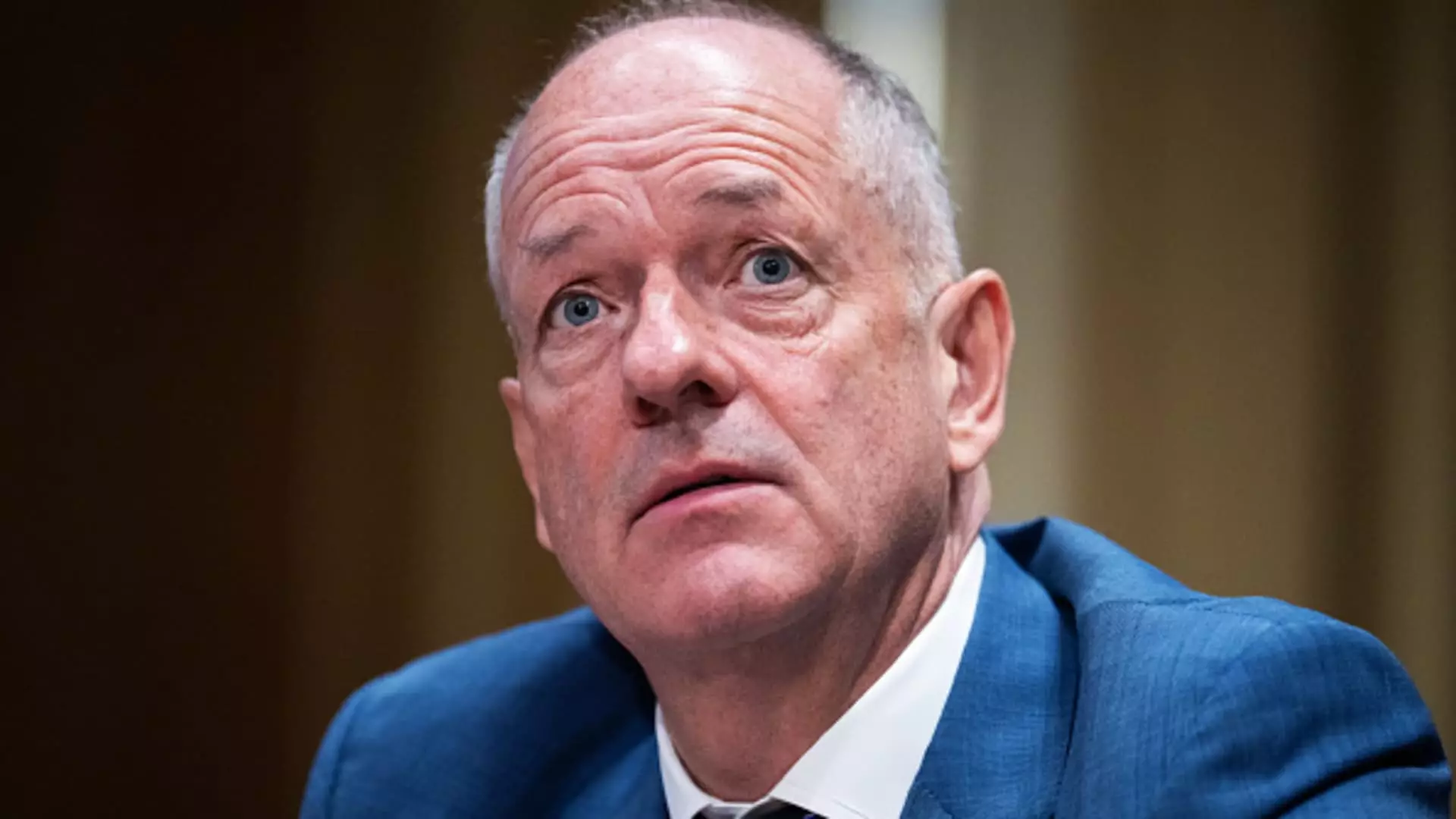The sudden passing of Brian Thompson, CEO of UnitedHealthcare, has sent shockwaves through the healthcare industry. UnitedHealth Group CEO Andrew Witty, who expressed his condolences, seized this moment to address the pressing issues within the U.S. healthcare system. Emphasizing the inherent flaws in the current framework, Witty’s poignant remarks in a New York Times opinion piece shine a spotlight on the urgency of healthcare reform. This tragic event, coupled with Thompson’s leadership, underscores a broader conversation about the effectiveness of insurance practices and their consequences on patient care.
Witty described the American healthcare system as a “patchwork built over decades,” a disheartening assessment reflective of the prevailing public sentiment. Despite the advancements in medical technology and practices, the system often falls short in delivering equitable and comprehensive care to all citizens. The frustrations that people feel regarding healthcare accessibility and affordability are no longer veiled by indifference. Instead, they have emerged as a clarion call for systemic change. It is crucial to recognize that this dissatisfaction stems from years of mismanagement, policy shortsightedness, and a lack of coherent strategy among stakeholders in the industry.
In his commentary, Witty assured that UnitedHealth aims to improve the healthcare landscape by partnering with various stakeholders, including patients, providers, and government bodies. This collaborative approach highlights the necessity for shared responsibility. However, mere partnership is insufficient. Accountability, transparency, and integrity must be foundational components of any reform initiative. The call for improved communication around coverage decisions is imperative; without it, trust between insurers and insured individuals will remain tenuous at best.
Thompson’s assassination has intensified scrutiny on the insurance sector, a revelation that can only lead to detrimental repercussions if not addressed. The accused shooter, Luigi Mangione, publicly criticized the healthcare industry, a testament to the frustrations many Americans harbor. The growing resentment towards insurance providers can no longer be dismissed as an outlier sentiment; it is indicative of a systemic crisis. As patients share their harrowing experiences on social media—highlighting denied claims and escalating costs—the urgent need for reform becomes even more apparent.
While pressure mounts on insurers to bolster profitability, it is critical to confront the broader implications of their operations. Witty affirmed that meaningful reform is possible and recalibrated to focus on patient welfare. His acknowledgment that complex clinical evidence underpins many claims decisions speaks to the need for transparency and clarity. Only through clear communication and a genuine commitment to patient advocacy can trust be cultivated and the healthcare experience improved.
In sum, the tragic loss of leadership within UnitedHealth Group should be viewed not only as a moment of mourning but as a galvanizing event for those who seek to advance the dialogue on necessary reforms in the healthcare system. Let Thompson’s legacy inspire all involved to undertake serious discussions about solutions, aiming for a healthcare system that works effectively for everyone.

